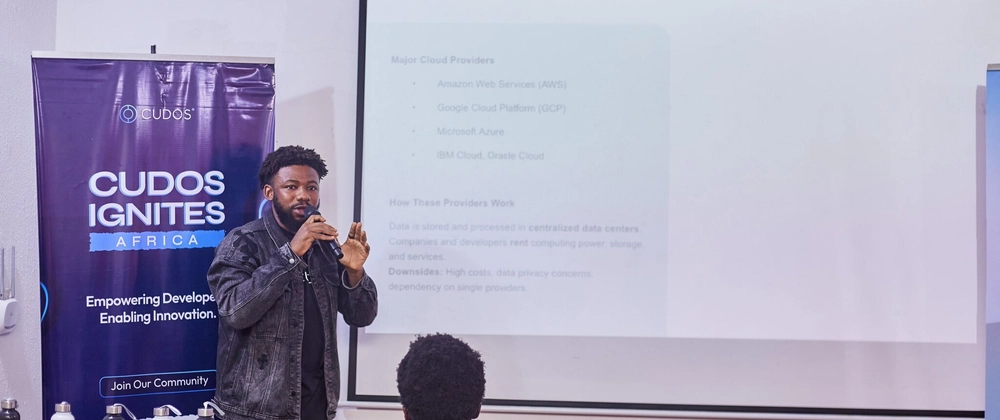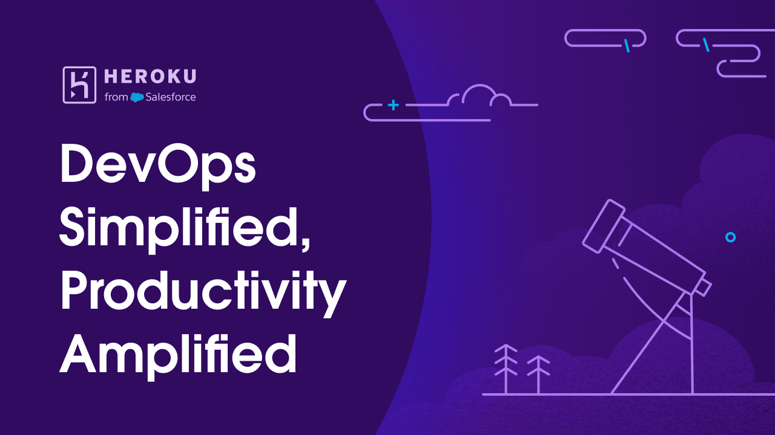"I had written my focus on Cloud DevRel weeks before I knew I would be speaking at the event, and from that experience, I got my first official Developer Relations role and was later accepted into the DXMentorship program. I am grateful for how the dots are connecting."
What is Developer Relations?
Developer Relations (DevRel) is a specialized field within tech that focuses on creating positive experiences for developers interacting with a company's products, APIs, or tools. It acts as the bridge between developers and organizations, ensuring that technical communities receive the necessary support, education, and resources to effectively use the technology.
In the early 2000s, DevRel was primarily about technical documentation and API support, but it has since evolved into a multi-faceted discipline involving developer education, community building, and product advocacy. Today, companies see DevRel as a key strategy for product adoption, developer engagement, and long-term brand loyalty.
This blog post goes into what Developer Relations is, why it matters, how it works, and my unique take on its growing importance in the tech industry.
The Evolution of Developer Advocacy
Over the years, Developer Advocacy has expanded from simply providing documentation to offering a comprehensive strategy that includes online communities, open-source contributions, and live events such as conferences and meetups. The shift towards authentic engagement means that developers expect organizations to not only provide resources but also actively participate in the community.
💡Three C's that make up Developer Relations and Advocacy: Coding, Content and Community.
Why Developer Relations Matters
Developer Relations plays an important role in the success of any technology product for developers by:
- Increasing product adoption: Well-documented and supported tools lead to higher developer engagement and usage.
- Improving developer experience: Strong DevRel ensures developers have an easier time integrating products into their workflow.
- Driving innovation: Engaged developers contribute to improving products through feedback, open-source contributions, and community discussions.
- Building brand trust and advocacy: Developers who have great experiences with a company’s technology often become its strongest advocates.
As AI, Web3, and cloud computing are rapidly advancing, Developer Relations has become even more helpful for developers to navigate new technologies and use them effectively.
How Developer Relations Works
DevRel professionals perform a range of responsibilities, including:
- Technical Writing & Documentation: Creating guides, tutorials, and API references that help developers understand and use technology.
- Developer Education & Content: Writing blog posts, producing videos, and hosting workshops to simplify complex technical concepts.
- Community Engagement: Building and managing developer communities through online forums, social media, and events.
- Product Advocacy: Representing developers' needs internally to improve product development and usability.
- Public Speaking: Giving talks at conferences, meetups, and online events to educate and inspire developers.
My Unique Opinion About Developer Relations
Developer Relations is more than just marketing or support—it’s about creating value for developers. With AI reshaping industries, Web3 pushing decentralization, and cloud computing powering large-scale applications, DevRel is crucial in ensuring developers stay informed and skilled in cutting-edge technologies.
I believe that DevRel is essential for fostering well-rounded developers. Whether it's through technical writing, public speaking, or open-source contributions, DevRel enables continuous learning and engagement in the tech ecosystem. Personally, my passion for education and content creation aligns perfectly with Developer Advocacy. Writing technical content, engaging with developer communities, and simplifying complex topics have allowed me to make meaningful contributions to the industry.
I gave a talk on Friday, 31st January 2025, at the CUDOS Ignite Africa event, sharing to developers and the community on Cloud Computing and Virtual Machines. I had written my focus on Cloud DevRel weeks before I knew I would be speaking at the event, and from that experience, I got my first official Developer Relations role and was later accepted into the DXMentorship program. I am grateful for how the dots are connecting.
I've chosen to focus on Cloud DevRel. Cloud infrastructure is the core of both AI and Web3 technologies, and I see it as an essential area that powers other innovations. I am currently doing DevRel with CUDOS, which allows developers to spin up cloud infrastructure utilizing a globally distributed pool of resources. The CUDOS Intercloud grants access to all of Cudo Compute’s infrastructure.
My background in software development with Go and TypeScript aligns well with cloud environments, where scalable, resilient infrastructure is key. This focus on cloud will allow me to leverage my technical skills while aligning with market demands.
Developer Relations has several niches that align with specific technologies. Some professionals specialize in AI, where they help developers integrate machine learning models and navigate ethical considerations. Others focus on Web3, advocating for decentralized applications and blockchain technology. Cloud DevRel involves working with cloud platforms, services, and infrastructure, supporting developers in scaling and deploying applications.
If you are building a product for developers in the tech ecosystem, then engaging with developers and building a growing community is important for your product’s adoption. DevRel helps build trust and loyalty, making products more accessible and empowering developers with the knowledge to integrate them into their workflows. Companies recognize that a strong DevRel function can drive growth, as engaged developers often become product advocates themselves.
By committing to DevRel, I am not only building my career but also contributing to a global movement that empowers developers to do their best work.
Thinking about getting into DevRel, start with refining your technical skill (programming), then create content about it--write blog posts, contribute to docs, create videos, and engage with developer communities. The best DevRel professionals are educators, storytellers, and problem-solvers.
I’d love to hear your thoughts! What excites you about DevRel? 😎





Top comments (2)
Thanks for this
You're welcome! Thank you for reading!